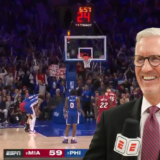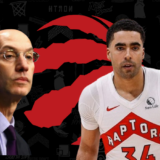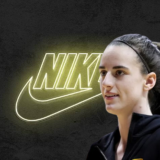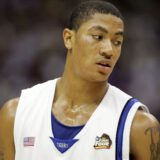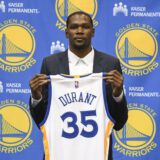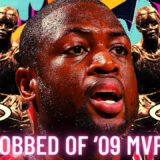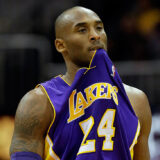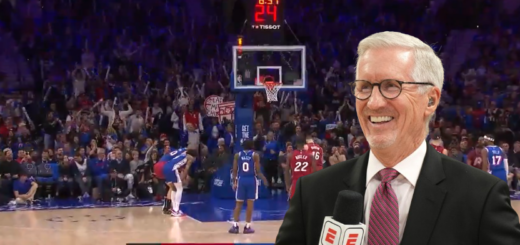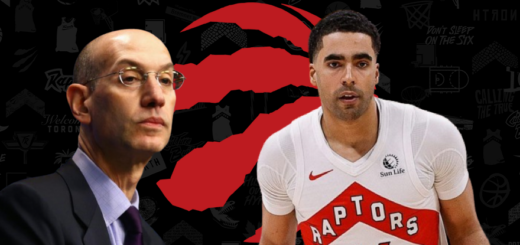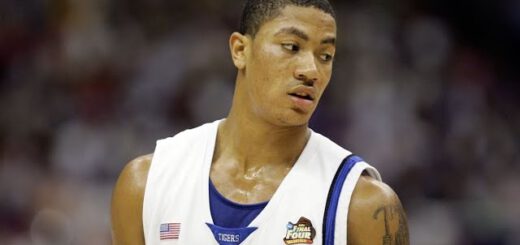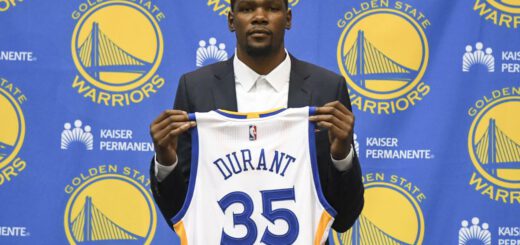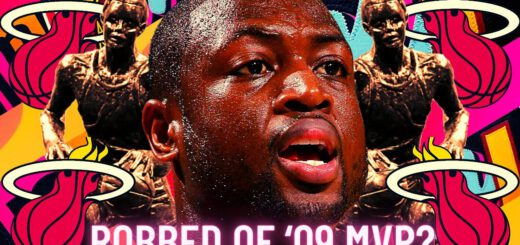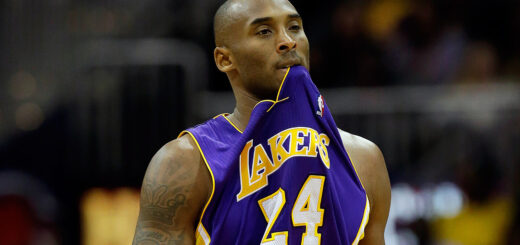The Assassination Of His Father Malcolm Made Steve Kerr The Man He Is Today

Photo Credit: Ali Thanawalla/SFBay
The Assassination Of His Father Malcolm Made Steve Kerr The Man He Is Today
Steve Kerr’s father, Malcolm Kerr, was a university professor specializing in the Middle East and the Arab world. Kerr built his life around buliding bridges between Christians, Muslims, and Jews. Malcolm Kerr was born and raised in Beirut, Lebanon, where his parents taught at the American University.
Kerr studied in Princeton, as well as in Beirut and worked as a professor at the Department of Political Science at UCLA, before being offered the Presidency of the American University of Beirut in 1982. He accepted and went on to be the President of AUB for 17 months.
On January 18, 1984, Kerr was shot and killed by two gunmen in the hallway outside his office. To this day, informations regarding Kerr’s assassins and their motives still remain uncertain. An Islamic Jihadist took credit for the murder, but doubts remain.
President Ronald Reagan was an admirer of Kerr released this statement:
“Dr. Kerr’s untimely and tragic death at the hands of these despicable assassins must strengthen our resolve not to give in to the acts of terrorists. Terrorism must not be allowed to take control of the lives, actions, or future if ourselves and our friends.”
Meanwhile in the U.S, Steve Kerr was an 18-year old student at the University of Arizona. It was in the middle of the night when a family friend told him the horrible news of his father’s death via phone. It would change his life forever. In an interview decades later, he said:
“Before my father was killed, my life was impenetrable. Bad things happened to other people.”
From 1975 to 1990 there was a multifaceted civil war in Lebanon, so Kerr didn’t fly to Beirut for services after his father’s death.
Just like his father, Steve Kerr also was born in Beirut. The years he spent in the Middle East, as well as his family’s Middle Eastern history, shaped Kerr and made him the person he is today.
“It’s an American story, something I’m very proud of, the work that my grandparents did. It just seemed like a time when Americans were really helping around the world, and one of the reasons we were beloved was the amount of help we provided, whether it was after World War I, like my grandparents, or World War II. I’m sort of nostalgic for that sort of perception. We were the good guys. I felt it growing up, when I was living in Egypt, when I was overseas. Americans were revered in much of the Middle East. And it’s just so sad what has happened to us the last few decades.”
The last time Steve Kerr was in Beirut, where not only his father, but also Steve Kerr himself was born, he more or less had to flee the country. The airports were closed. His only options to leaving the country were too risky. The possibilty of taking a ship to Cyprus was discared as well as possibly accompanying an ambassador on a helicopter. He wanted to take a military plane to Cairo, but the last remaining seat was given to someone else. In the end, Kerr had to hire a driver, who took Kerr over the Lebanon Mountains, across the Syrian border to Damascus, and from there to Amman, Jordan.
“I’m fearful that all this uncertainty and inconvenience, not to mention even a sense of physical danger, has not done Steve’s image of Beirut much good, and in his present mood he wonders what any of us are doing here.”
That’s what Steve’s father said after Kerr’s successful ‘escape’. That physical danger Malcolm Kerr was talking about was more real than ever a few months later, when he was shot in the head.
The day after Kerr’s father was assasinated, Kerr and the Arizona Wildcats had a game against Arizona State. They won 71-49 and Kerr hit 5-of-7 shots in what was his best game of his freshman season. This led to Kerr’s nickname, as Brock Brunkhorst, a fellow Wildcat, recalled in an interview:
“A bunch of us gave him a nickname, and I don’t really know if it’s out there much. We called him Ice. Because that’s just how he was.”

Photo Credit: University of Arizona
Four years later, in another game against Arizona State, Kerr was targeted by a number of Arizona State fans who were chanting ‘PLO (Palestine Liberal Organization)’ and ‘your father’s history’ in Kerr’s direction, while he was warming up. Kerr cried. He then went on to wipe off his tears torchering Arizona State with 20 points in the first half, making all six of his 3-point attempts.
Arizona State later wrote an letter of apology.
33 years later. A 15-year active playing career in the NBA, five rings, the winning shot in game six of the 1997 finals, an NBA record 45.4 percent shooting from 3-point for his career. The insanely successful start to a coaching career. Two championships and another Finals apperance.
His father’s death made him turn to the team as family. At Arizona, in Chicago and now as a head coach in Golden State.
Because of a devastating personal tragedy, Kerr developped into a better player and man.
Bruce Fraser, one of Steve Kerr’s best friends, former Arizona teammate and current assistant coach with Golden State said:
“It feels strange to say this, but I’ve thought about it for a while and I believe it. I think the death of his father helped Steve as a basketball player, because he realized it was just basketball. He was more worldly than most of us already because of his background, but this changed his whole outlook.”


